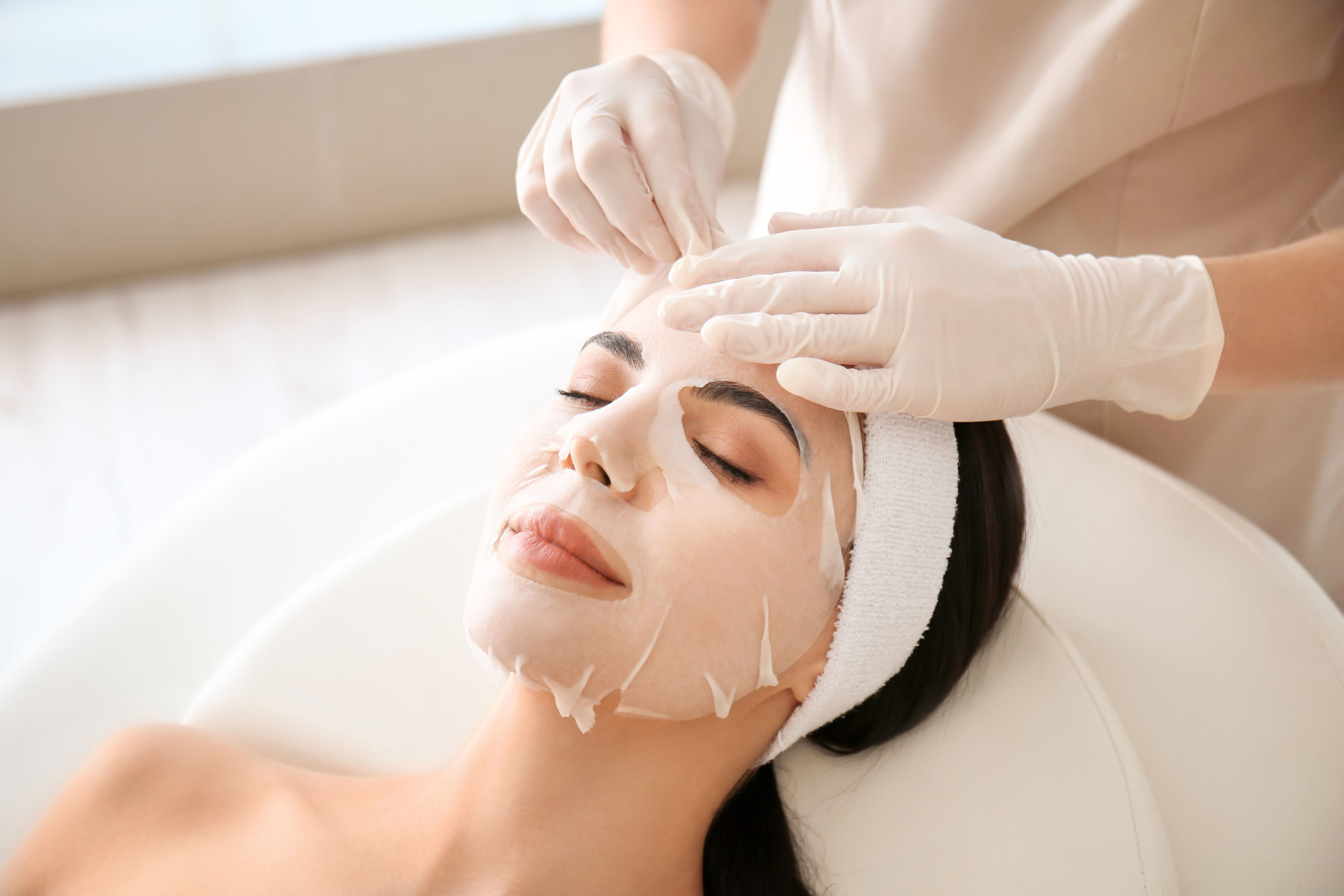Dealing with acne can be frustrating and overwhelming, affecting not only your physical appearance but also your self-confidence. While there are countless acne treatments available on the market, it's crucial to consult with a dermatologist to determine the most suitable and effective treatment for your specific skin type and condition. In this article, we will explore some dermatologist-approved acne treatments from ANAGENESIS BEAUTY that can help you achieve clearer and healthier skin.
The Importance of Consulting a Dermatologist
Before delving into specific acne treatments, it's essential to highlight the significance of consulting a dermatologist. Dermatologists are medical professionals specializing in treating skin conditions, including acne. By seeking their expertise, you can receive personalized recommendations tailored to your skin's unique needs. Dermatologists can assess your skin type, acne severity, and any underlying factors contributing to your breakouts to devise an effective treatment plan.
Benefits of Consulting a Dermatologist for Acne Treatment
- Accurate diagnosis of acne type and severity
- Personalized treatment plans
- Access to prescription-strength medications
- Monitoring of treatment progress and adjustments as needed
- Prevention of potential scarring or skin damage
Dermatologist-Approved Acne Treatments
1. Topical Treatments
Topical treatments are applied directly to the skin and can be effective in treating mild to moderate acne. Dermatologists may recommend the following topical treatments:
- Retinoids: These vitamin A derivatives help unclog pores, prevent new breakouts, and promote skin cell turnover.
- Benzoyl Peroxide: An antimicrobial agent that kills acne-causing bacteria and reduces inflammation.
- Salicylic Acid: Helps exfoliate the skin, unclog pores, and reduce inflammation.
- Topical Antibiotics: Fight bacteria on the skin's surface and reduce inflammation.
2. Oral Medications
In cases of moderate to severe acne or acne that does not respond to topical treatments, dermatologists may prescribe oral medications. Common oral medications for acne treatment include:
- Antibiotics: Oral antibiotics can help reduce inflammation and kill bacteria associated with acne.
- Isotretinoin: A powerful oral medication used for severe acne that shrinks oil glands and prevents clogged pores.
- Birth Control Pills: For females, certain oral contraceptives can regulate hormone levels and improve acne.
3. Procedures
In addition to topical and oral treatments, dermatologists may recommend procedures to treat acne and improve skin texture. Some common procedures include:
- Chemical Peels: Exfoliate the skin and unclog pores, resulting in smoother and clearer skin.
- Laser Therapy: Targets bacteria and reduces oil production, leading to decreased acne breakouts.
- Extraction: Removes blackheads and whiteheads to prevent acne from worsening.
Healthy Skin Habits to Complement Acne Treatment
While dermatologist-approved acne treatments play a crucial role in managing acne, adopting healthy skin habits can further enhance the effectiveness of treatment and promote overall skin health. Here are some tips to complement your acne treatment:
Skincare Routine
- Use gentle, non-comedogenic products suitable for acne-prone skin.
- Avoid harsh scrubbing or overwashing, as it can irritate the skin and exacerbate acne.
- Apply sunscreen daily to protect your skin from UV damage and prevent post-acne marks from darkening.
Diet and Lifestyle
- Follow a balanced diet rich in fruits, vegetables, and whole grains to promote skin health.
- Stay hydrated by drinking an adequate amount of water each day.
- Manage stress through relaxation techniques, exercise, and adequate sleep, as stress can contribute to acne flare-ups.
Consistency and Patience
- Stick to your prescribed acne treatment regimen consistently for optimal results.
- Be patient, as acne treatment may take time to show significant improvements in your skin.
By combining dermatologist-approved acne treatments with healthy skin habits, you can effectively manage acne, reduce breakouts, and achieve clearer, more beautiful skin. Remember to consult with your dermatologist to determine the best treatment approach for your specific skin condition and concerns.

